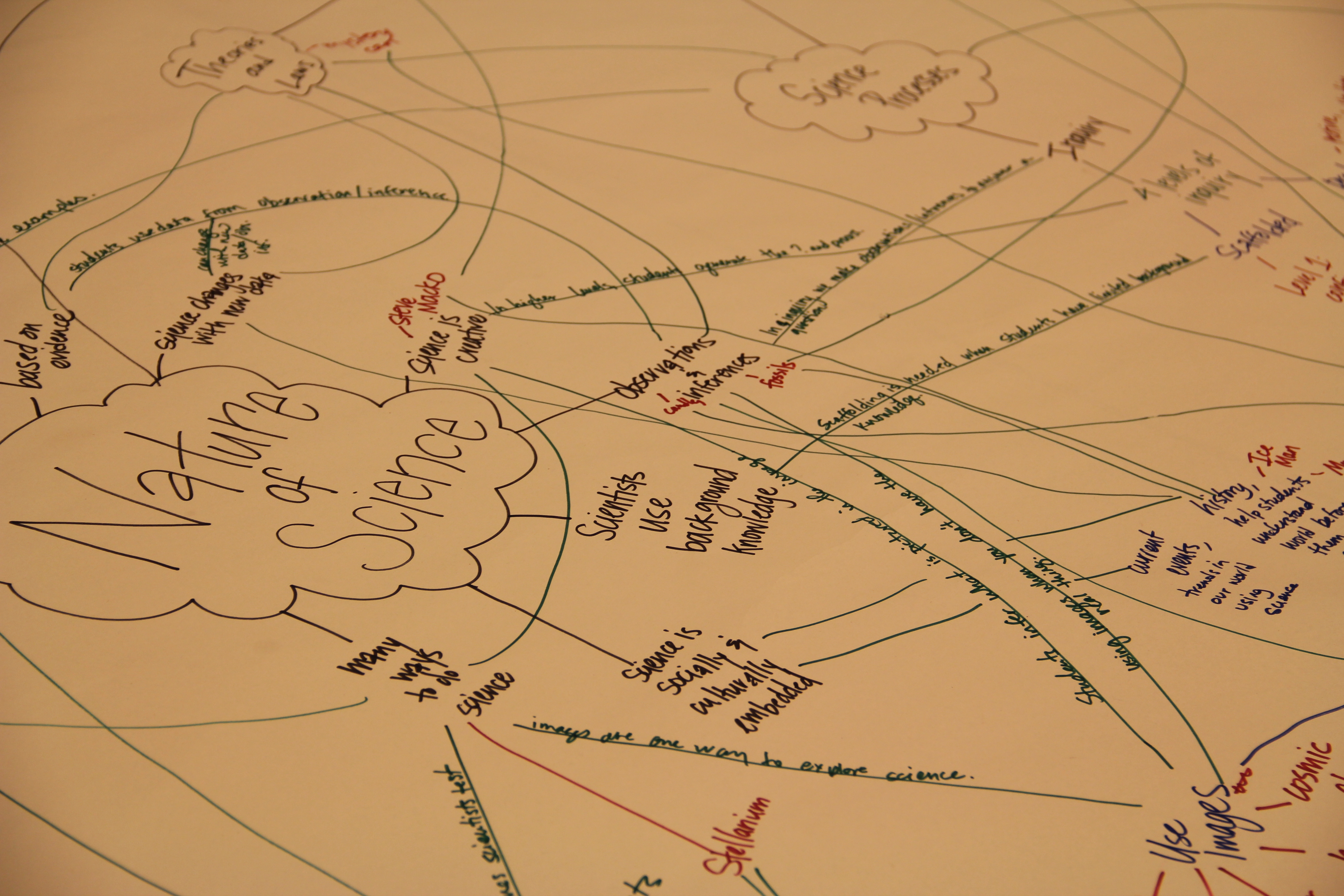Mandated literacy and mathematics instruction is carving out larger and larger portions of instructional time in elementary school classrooms, often at the expense of other topics, including science.
A team of researchers at the University of Virginia’s Curry School of Education – led by Jennifer Maeng, research assistant professor in curriculum, instruction and special education – will partner with Albemarle County Public Schools this summer to launch a program in which elementary school teachers develop science lesson plans that also incorporate reading and other literacy strategies.
The “problem-based learning structure” facilitates student understanding through solving real-world, open-ended problems in ways that scientists do, while drawing from other content areas such as reading and mathematics.
The three-year, nearly $700,000 grant for the project comes from the Virginia Department of Education’s Math & Science Partnerships program.
“Though instruction time is decreasing for science education, there are opportunities to increase science instruction by embedding it within in literacy lessons,” Maeng said.
There are many strategies for combining the two content areas; one example is for teachers to select books to read that include elements of science. “If the class is working on how best to create a school garden, a book about gardening can lead to conversations about plants, sunlight, even photosynthesis,” Maeng said.
One book Maeng particularly likes is “Seven Blind Mice,” by Ed Young. In it, six of the seven blind mice each explore one part of (spoiler alert) an elephant. But because they choose only one small part to explore, they each have different guesses as to what the elephant is. The seventh is the only mouse to explore the entire object and solves the mystery.
Maeng imagines teachers using the book to discuss with their students practices of science like exploring, observing with senses and making inferences and hypotheses.
The program begins this summer with the first cohort of 60 elementary teachers. During 10 days together over the course of the summer, the teachers and U.Va. researchers will seek to create complete problem-based learning units combining literacy instruction with science content, specifically around the theme of matter and energy.
Christine Kelly, a teacher at Woodbrook Elementary School, will be a member of the first group of teachers. “I want to be able to do more science with the students in my classroom and integrate content more into the instructional day,” she said. “I feel that being immersed in this work over the summer will not only give my instruction direction, but also keep me accountable throughout the year to practice the things I have learned and share them with my grade-level peers and other stakeholders in our school.”
The team of researchers – which includes professors Jill Venton of U.Va.’s Department of Chemistry, Ed Murphy of U.Va.’s Department of Astronomy and science educator Elizabeth Edmonson from Virginia Commonwealth University – will continue during the school year with in-classroom coaching and follow up.
“This ongoing partnership represents an incredible opportunity for our elementary educators to hone their craft in designing authentic learning experiences for students,” said Tony Borash, lead coach and science facilitator with Albemarle County Schools. “The problem-based learning approach of this program helps students develop both their scientific understanding as well as their skills as lifelong learners.”
The goal is for the first cohort to complete three full years. A second cohort of 60 will come together in the summer of 2016, and will hopefully participate for two years.
Teachers will earn a $1,000 stipend each year they participate.
Slots remain open for Albemarle County elementary school teachers to participate. If you are interested, contact Jennifer Maeng at jlc7d@virginia.edu or sign up online.
Media Contact
Article Information
May 13, 2015
/content/researchers-aim-sneak-some-science-elementary-school-reading-lessons

